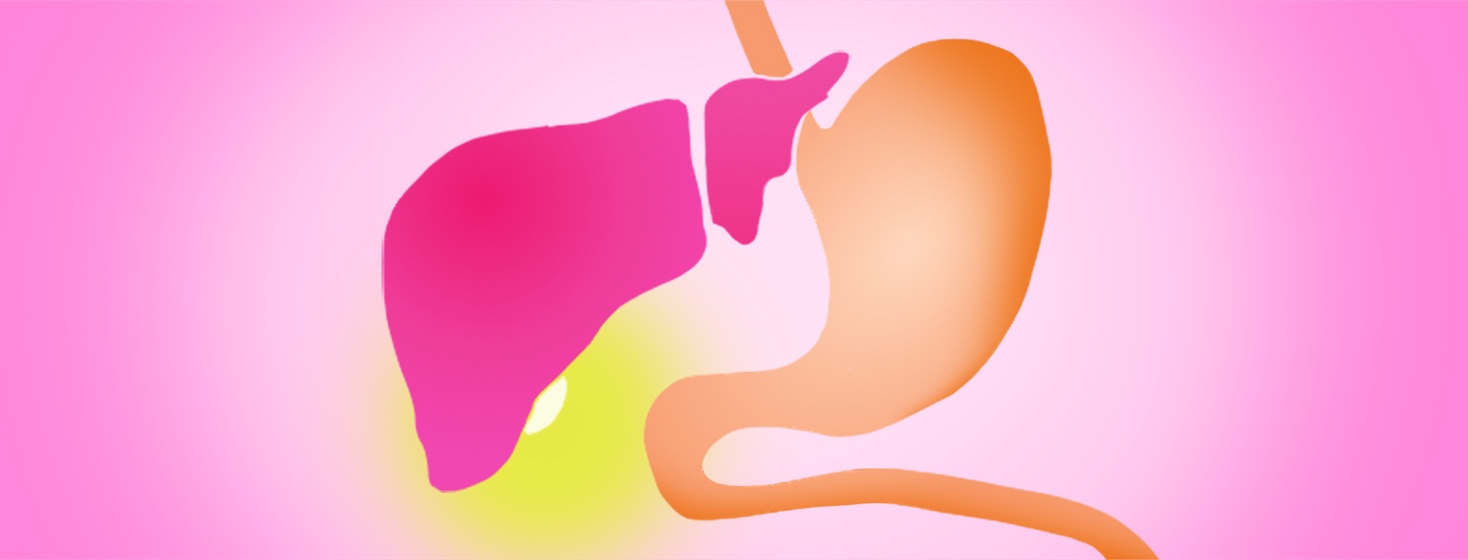Gallbladder Removal and IBS – Is There a Link?
Reviewed by: HU Medical Review Board | Last reviewed: March 2024 | Last updated: March 2024
Is there a connection between gallbladder surgery and irritable bowel syndrome (IBS)? Researchers are studying the digestive problems some people have after gallbladder surgery (cholecystectomy) and whether there is a link to IBS.
What is the gallbladder?
The gallbladder is a small organ found under your liver that is about the size and shape of a pear. Its purpose is to store and release bile, a liquid your liver makes. Bile helps your body to break down fat in your food.1
The gallbladder is part of your biliary tract, a series of bile ducts that transport bile from the liver to your small intestine. Your gallbladder is full of bile before a meal. As you begin to eat, it gets a signal to release bile into the biliary tract. Eventually, bile makes its way to your small intestine, joining with undigested food to break it down.1
When do you need your gallbladder removed?
Certain medical conditions can cause problems in your gallbladder, and it may need to be removed. Your doctor could suggest surgery to remove your gallbladder if you have:2
- Gallstones, or pebble-like objects made of bile material
- Gallbladder inflammation
- Large gallbladder polyps, which could turn into cancer
- Pancreatitis caused by gallstones
- A risk of gallbladder cancer
You can live normally without a gallbladder. After the organ is removed, bile will flow straight into your digestive system instead of being stored in the gallbladder.2
Digestive problems after gallbladder removal
While most people live symptom-free after having gallbladder surgery, some have long-term digestive problems. Doctors call these symptoms postcholecystectomy syndrome (PCS). PCS symptoms can happen right after surgery or show up months or years later.3
With PCS, you may have:3
- Nausea
- Trouble tolerating fatty foods
- Vomiting
- Heartburn
- Gas
- Indigestion
- Diarrhea
- Stomach pain
Another possible problem after gallbladder surgery is a condition called bile acid malabsorption (BAM). BAM happens when your intestines do not take in bile acids the right way. Instead, the bile acids build up, and the extra acids cause your colon to release more water than usual, triggering diarrhea.4
Does gallbladder surgery cause IBS?
Researchers are studying whether the symptoms of PCS and BAM could actually be caused by IBS. Your chances of developing IBS after gallbladder surgery could be higher than those of people who have not had the procedure.3,5
In one study, researchers looked at more than 400,000 people without IBS, inflammatory bowel disease, cancer, or other digestive diseases over about 12 years. They found that people who had their gallbladder removed had a 46 percent higher risk of developing IBS compared to those who did not have the surgery. The risk of developing IBS with diarrhea was especially high.5
However, a separate, smaller study of 166 people who had gallbladder surgery did not find a clear link between gallbladder surgery and IBS. Only 6 people had IBS more than six months after surgery.6
These studies suggest a possible link between having your gallbladder removed and IBS, but more research is needed.

Join the conversation